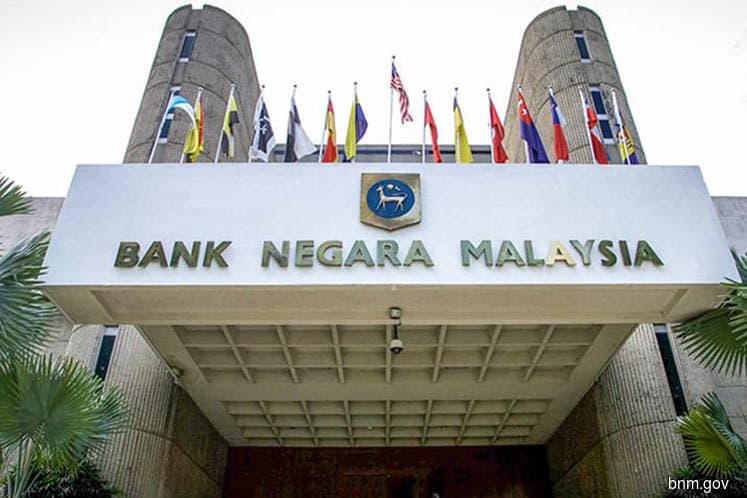
This article first appeared in The Edge Financial Daily on January 15, 2019
KUALA LUMPUR: More than half of the country’s small and medium enterprises (SMEs) are not fully aware of the availability of Islamic business financing facilities, due mainly to misconception surrounding the eligibility for it, said Bank Negara Malaysia (BNM).
Speaking at the “Islamic Finance Rendezvous Series” in Penang recently, BNM assistant governor Adnan Zaylani Mohamad Zahid said Islamic finance can act as an enabler of growth to SMEs, in areas such as supply chain finance, coverage in takaful products at competitive prices, sukuk as an alternative form of financing for businesses, and the Investment Acount Platform for ventures.
“A recent survey we did revealed that almost 60% of the SMEs were not aware of the availability of Islamic business financing facilities. Indeed, most SMEs adopted conventional financing. Some may still have the misconception that Islamic finance is only for Muslims.
“I would like to emphasise that the practice of Islamic finance is not and should not be exclusive to Muslims. Many of its underlying ideas, the pursuit of economic justice and risk sharing, align with traditional and conventional economic thinking,” he said.
He added that at the national level, the government is indeed supportive of the role of Islamic finance as an important tool to assist businesses and SMEs flourish, highlighting the SME-Shariah Compliant Financing Scheme of RM1 billion as an example.
“Mutual insurance companies, which derive from risk sharing, limited-purpose banking which moves away from interest-based or fractional banking and equity financing, are all ideas consistent with Islamic finance principles, and are practised across the world without any reference to the religion. Indeed, Islamic finance is for all,” he added.
As at end-September last year, Islamic banking assets stood at RM874 billion, or 30.4%, of total banking assets. Takaful contributions amounted to RM1.7 billion with market penetration at 15%, according to BNM.